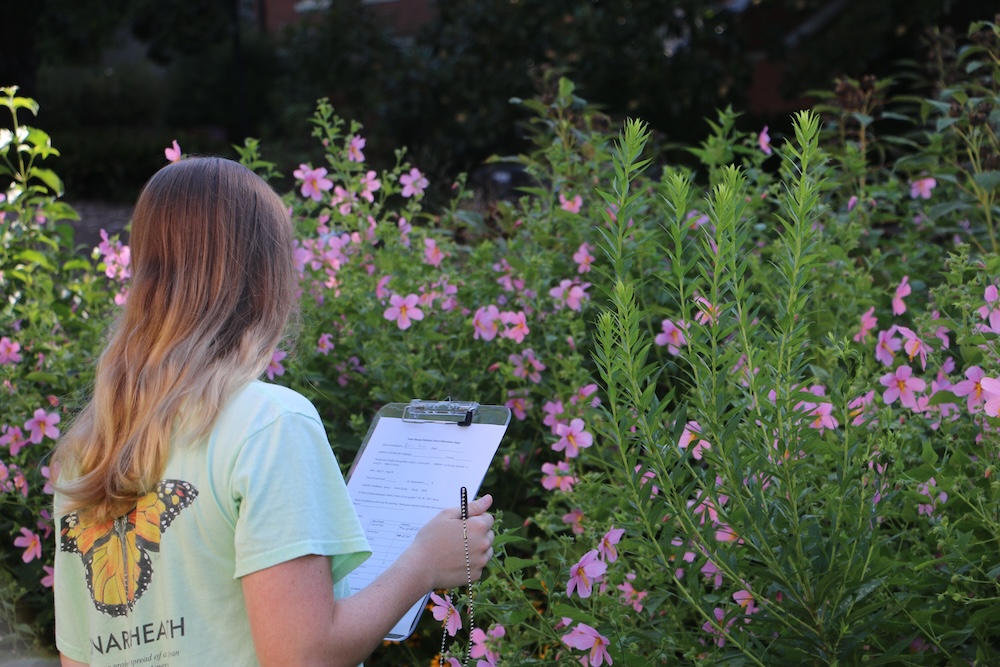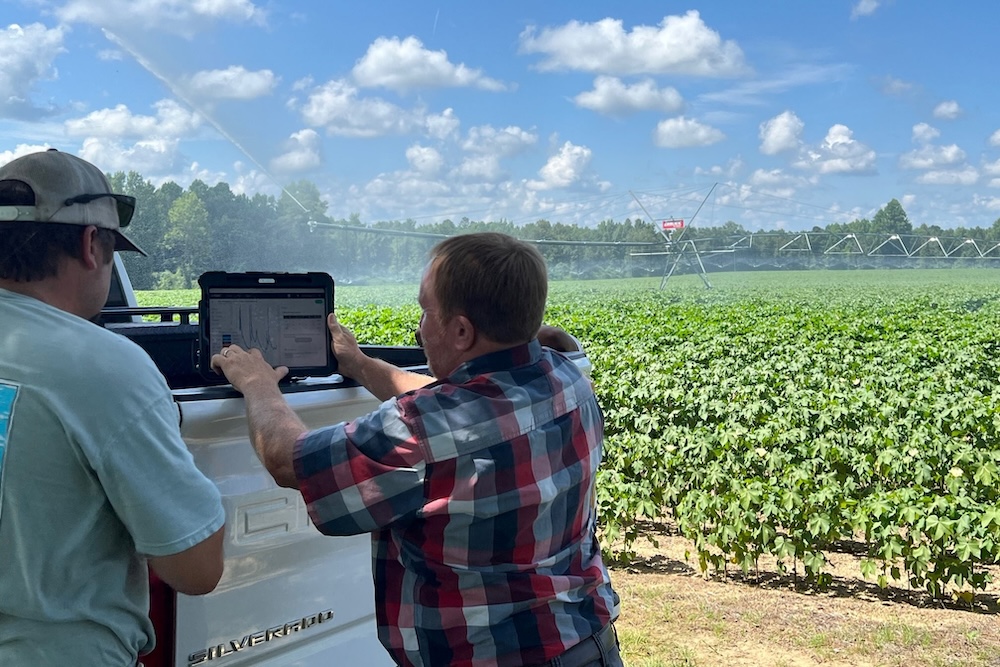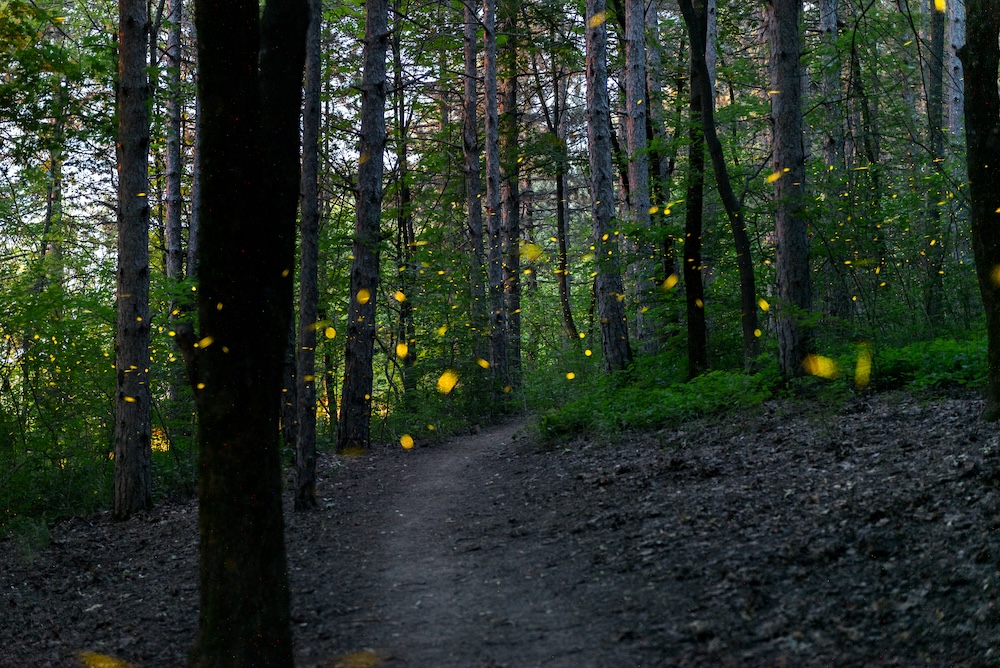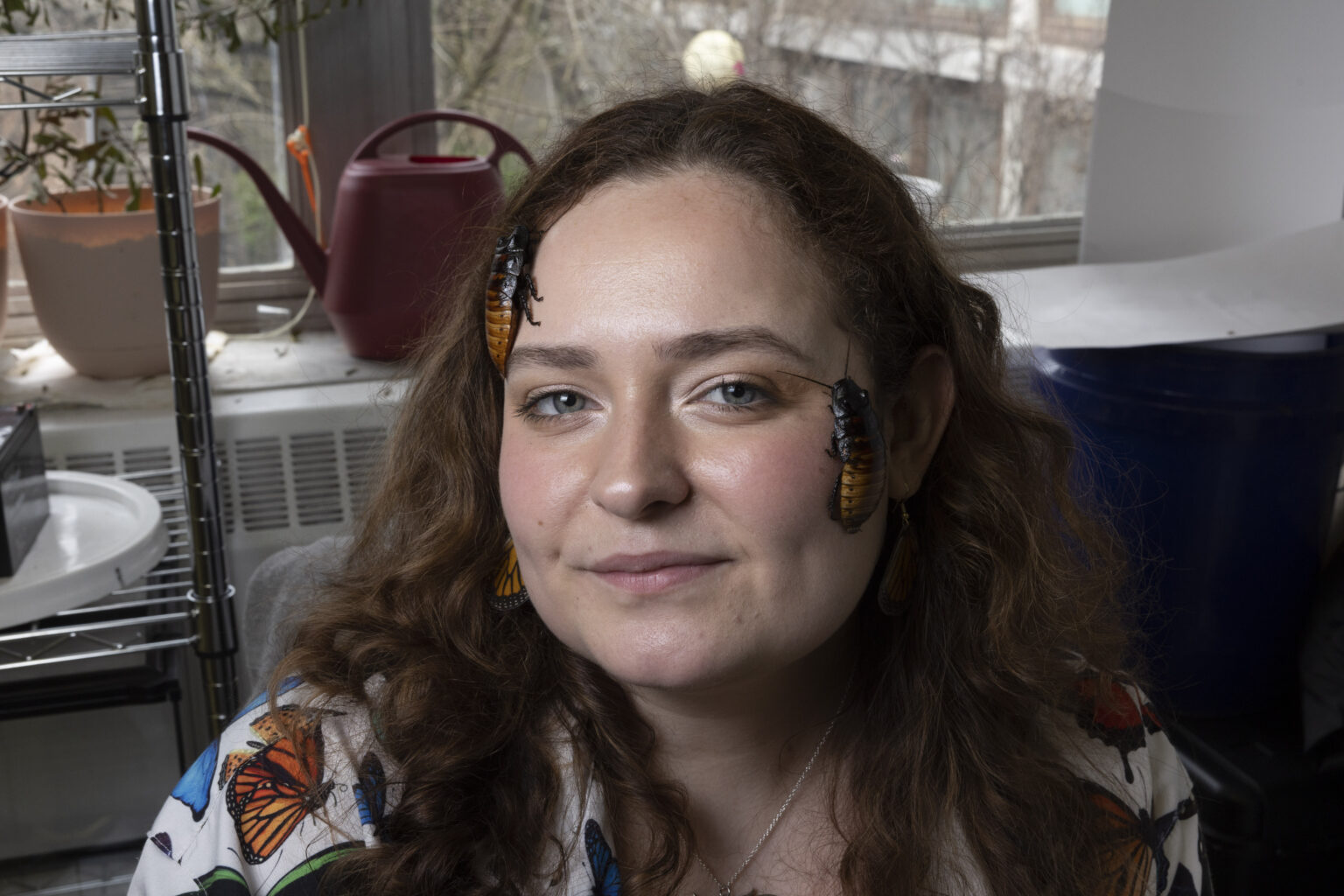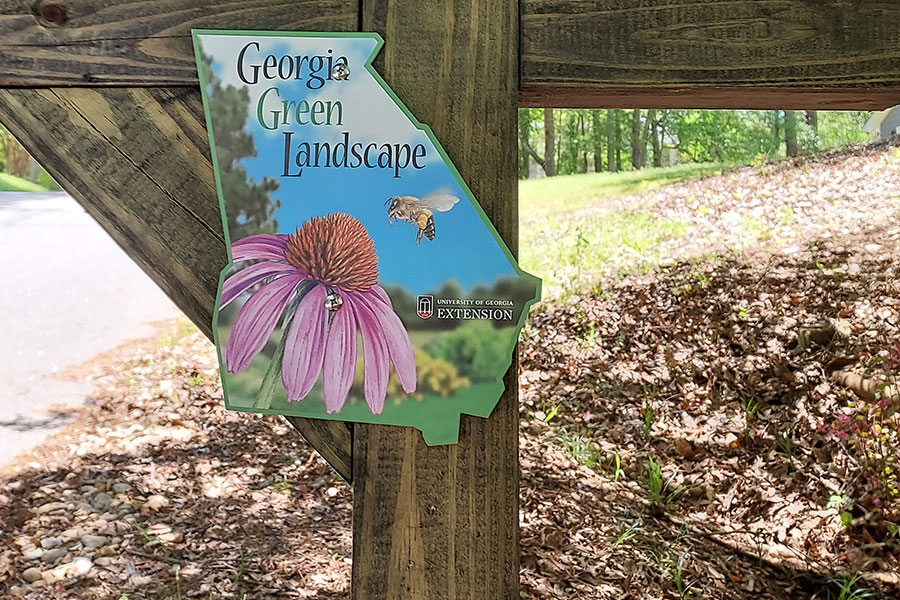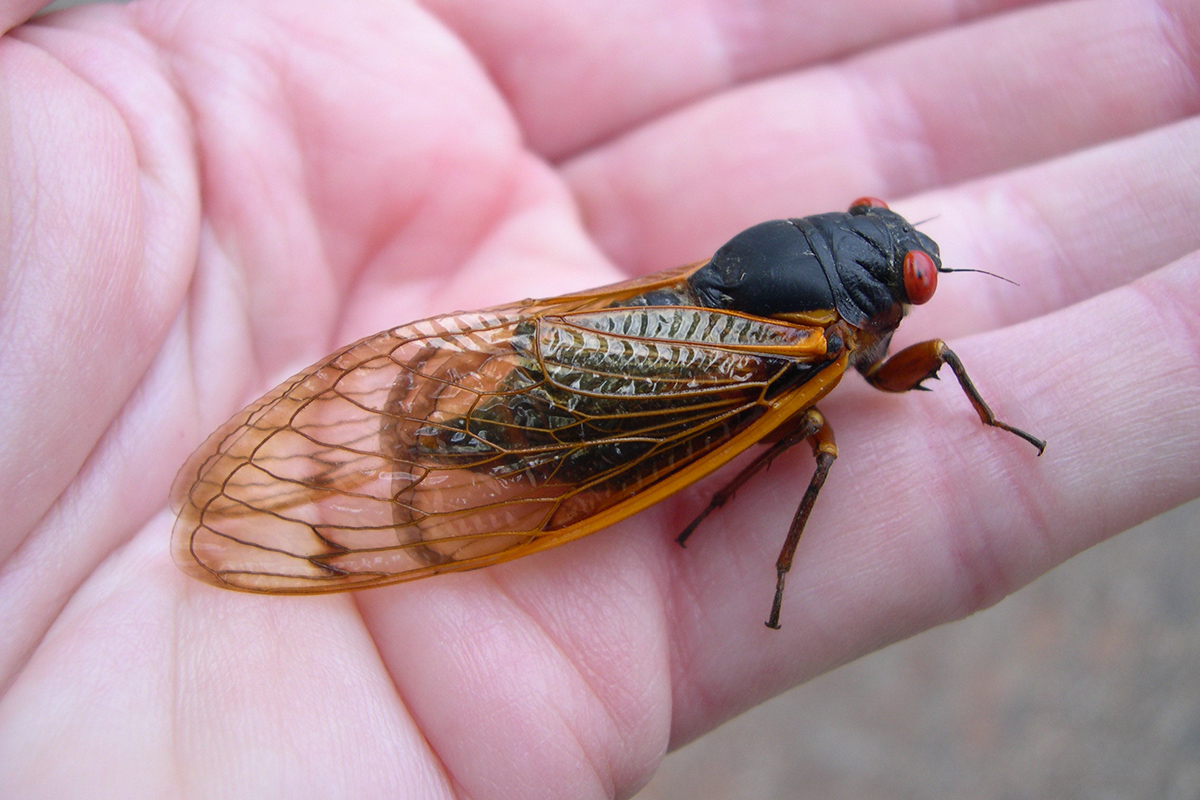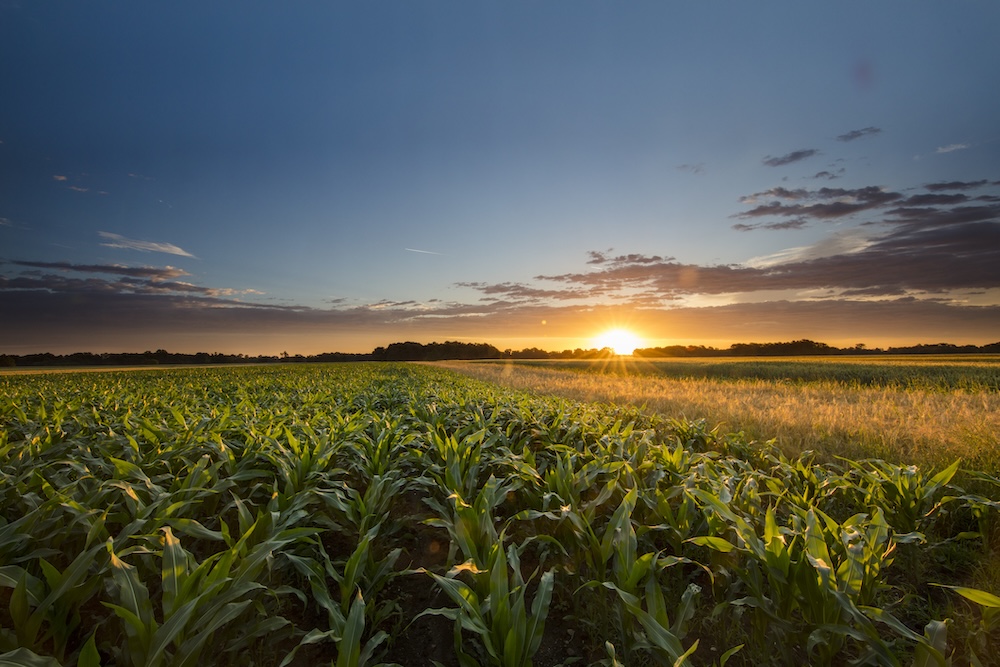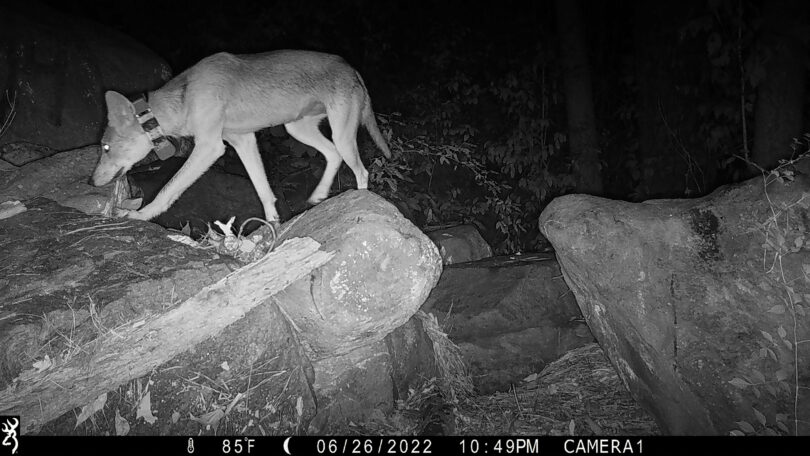 CAES News
CAES News
Coyotes
Georgia’s capital is home to more than 6 million people, a bustling film and music scene, and one of the most adaptable species in the U.S.: the coyote. And now, thanks to new video footage from the University of Georgia, we’re getting a better idea of how and where coyotes spend their time in Atlanta. In partnership with Wildlife Atlanta and the Georgia Department of Natural Resources, UGA is releasing GPS collar videos from coyotes in the Atlanta area as part of their urban mammal ecology project.

